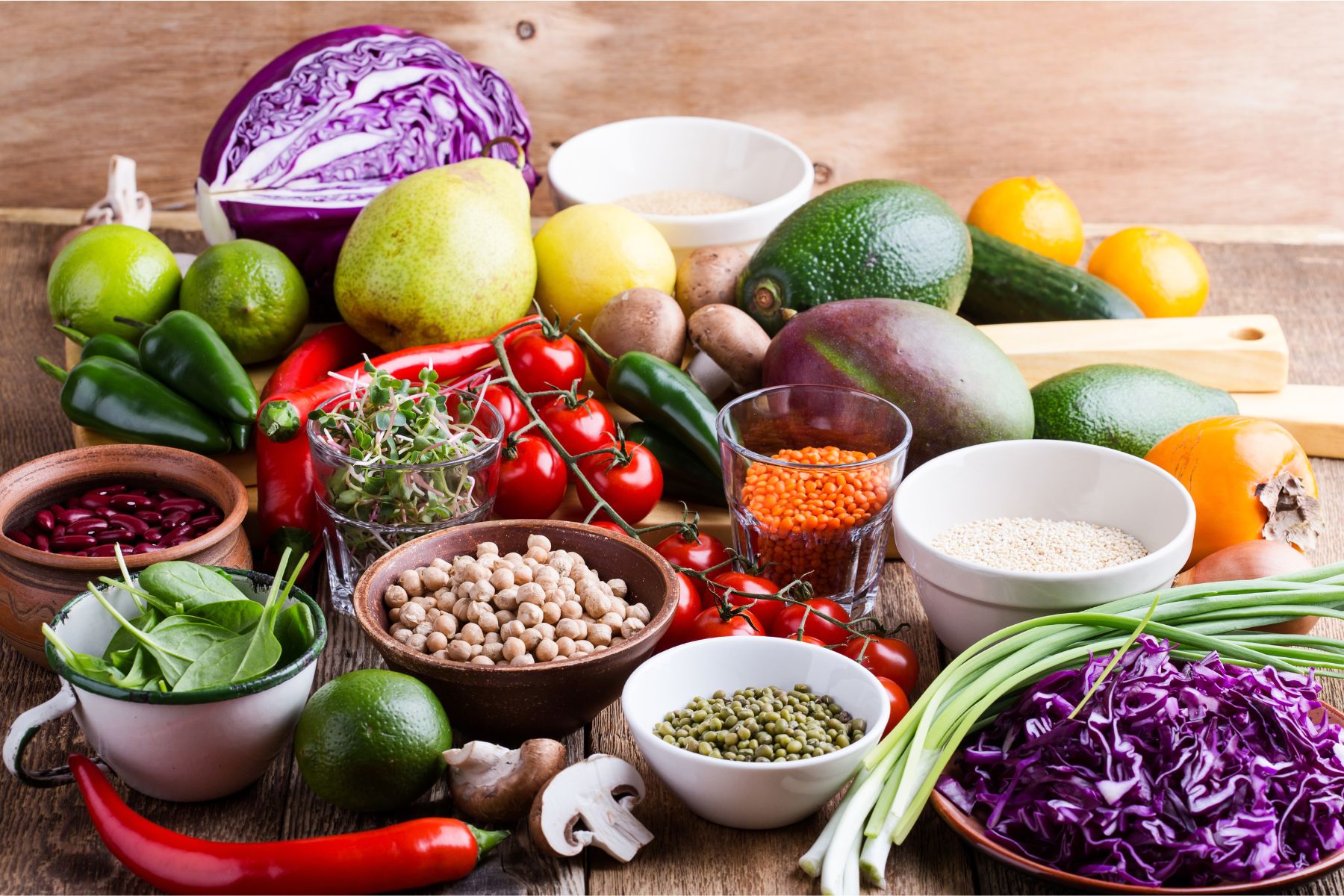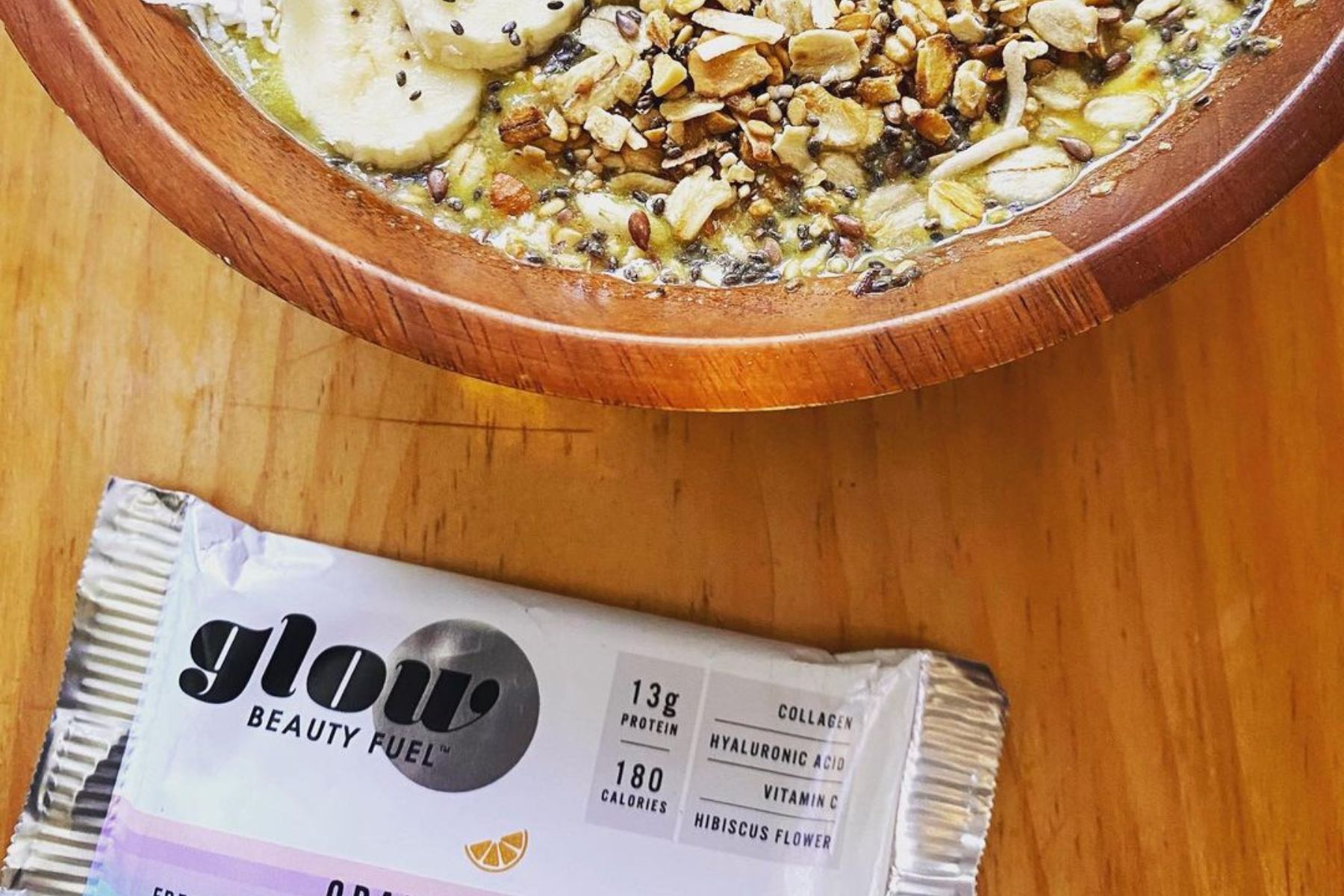In recent years, plant-based eating has gained significant attention for its health benefits and environmental sustainability. The foundation of vegetarian nutrition is rooted in a diet comprised mainly of vegetables, fruits, grains, nuts, and seeds. This lifestyle choice can offer nutrients essential for maintaining a healthy body. However, understanding the basics of vegetarian nutrition is crucial to ensure you’re not missing out on vital nutrients commonly found in animal products, such as certain proteins, vitamins, and minerals.
Crafting a Comprehensive Plant-Based Diet Meal Plan
When designing a plant-based diet meal plan, it’s essential to incorporate a wide range of foods to ensure you’re getting a full spectrum of nutrients. This includes a colorful array of vegetables and fruits, which are rich in vitamins, minerals, and antioxidants. Whole grains offer necessary complex carbohydrates and fiber, while legumes and nuts provide protein and healthy fats. Including a variety of these foods not only ensures nutritional completeness but also adds an array of flavors and textures to your meals, making them enjoyable and satisfying.
A well-structured vegetarian diet plan involves thoughtful meal composition. Start your day with a nutrient-rich breakfast like a smoothie bowl or oatmeal topped with fruits and nuts. For lunch and dinner, aim for a balance of whole grains, protein-rich legumes or tofu, and plenty of vegetables. Snacks can include fruit, vegetable sticks with hummus, or a handful of nuts. Dairy alternatives like almond or soy milk can also be included.
Effective meal prepping and planning are key to sustaining a healthy vegetarian meal plan. Start by creating a weekly menu and grocery list that includes an assortment of ingredients. Prepare some components in advance, like cooking grains or chopping vegetables, to save time during the week. Batch cooking meals that can be refrigerated or frozen ensures you always have healthy options on hand. Remember, the goal is to make plant-based eating convenient, enjoyable, and as stress-free as possible.
Incorporating Protein, Vitamins, and Minerals in a Vegetarian Diet
Protein is a crucial component of any diet, and in a vegetarian diet, it’s important to identify plant-based sources. Legumes like lentils, chickpeas, and black beans, are excellent sources. Tofu, tempeh, and edamame provide high-quality protein and are versatile in cooking. Nuts and seeds, such as almonds, chia seeds, and quinoa, also offer protein along with beneficial fats and fiber. Including a variety of these sources in your diet ensures you get all the essential amino acids your body needs.
Achieving a balance between macronutrients (proteins, fats, carbohydrates) and micronutrients (vitamins and minerals) is key in a plant-based diet for weight loss or maintenance. It’s important to consume enough protein and healthy fats for satiety and energy, while complex carbohydrates provide sustained energy and fiber.
Incorporating nutrient-rich foods into a vegetarian diet can be both fun and creative. Experiment with different cuisines that naturally emphasize plant-based ingredients, like Mediterranean. Use herbs and spices to add flavor without extra calories. Smoothies, stir-fries, and salads are great ways to include a combination of nutrient-rich foods in one meal. By being creative, you not only enjoy your meals more but also ensure a wide range of nutrients in your diet.
Vegetarians need to be mindful of certain vitamins and minerals that are predominantly found in animal products. Ensuring adequate intake of these nutrients is essential for maintaining health and preventing deficiencies. Below are examples:
- Vitamin B12: Primarily found in animal products, B12 is crucial for nerve function and blood formation. Vegetarians can get B12 from fortified foods like plant milks, some breakfast cereals, and nutritional yeast.
- Iron: While iron is present in plant foods like lentils and spinach, it’s not as easily absorbed as the iron from meat. Consuming vitamin C-rich foods alongside iron-rich foods can enhance absorption.
- Calcium: Essential for bone health, calcium can be sourced from fortified plant milk, tofu, and leafy greens like kale and broccoli.
- Omega-3 Fatty Acids: Important for heart and brain health, these can be found in flaxseeds, chia seeds, and walnuts.
- Zinc: This mineral is vital for immune function and is present in beans, nuts, and whole grains.
- Vitamin D: Often obtained from sun exposure, vitamin D can also be found in fortified foods and supplements.
A well-planned vegetarian diet, incorporating a variety of these foods, can cover these nutritional bases. However, it’s important to consider supplementation in some cases, especially for nutrients like Vitamin B12 and D. Regular health check-ups can help monitor nutrient levels and ensure a balanced diet.
The Role of Supplements in a Plant-Based Diet
While a well-planned vegetarian diet can provide most nutrients, there are instances where supplements might be necessary. Supplements can help fill nutritional gaps, especially for nutrients that are less abundant in plant-based foods. To ensure safe and effective supplement usage, here are some guidelines:
- Consult a Healthcare Professional: Before starting any supplement, it’s important to consult with a healthcare provider or a registered dietitian. They can provide personalized advice based on your dietary intake and health needs.
- Choose Reputable Brands: Look for supplements from reputable brands that have been third-party tested for quality and purity.
- Read Labels Carefully: Pay attention to the dosage and instructions on the supplement label. More isn’t always better, and some nutrients can have adverse effects if taken in excess.
- Be Aware of Interactions: Some supplements can interact with medications or other supplements. Discuss these potential interactions with your healthcare provider.
- Regular Blood Tests: Regular blood tests can help monitor your nutrient levels and adjust supplement intake as needed.
- Nutrient Timing: Some nutrients are better absorbed when taken with food, while others might be best on an empty stomach. Follow the guidelines provided on the supplement or by a healthcare professional.
- Avoiding Over-Supplementation: It’s crucial to not rely solely on supplements for your nutrition. Aim to get most of your nutrients from whole foods and use supplements as a backup.
A vegetarian diet, supplemented appropriately, can support all aspects of health. However, careful consideration and professional guidance are key to ensuring that supplement use is both safe and effective.
Utilizing a Plant-Based Diet for Healthy Weight Management
A plant-based diet for weight loss can be highly effective when properly designed. The key is to focus on whole, minimally processed foods that are naturally lower in calories but high in nutrients and fiber. Emphasize a variety of vegetables, fruits, whole grains, and legumes, which can help create a feeling of fullness and reduce the likelihood of overeating. Additionally, be mindful of the calorie density of plant-based fats like nuts, seeds, and avocados. While healthy, they are high in calories and should be consumed in moderation when trying to lose weight.
Managing caloric intake and portion control is crucial in any weight management plan, including a vegetarian diet. It’s easy to underestimate the calories in plant-based foods, especially when they are prepared with added oils, nuts, or avocados. Use measuring tools and serving guidelines to keep track of portions. Also, listening to your body’s hunger and fullness cues can help regulate food intake naturally without the need for strict calorie counting.
When using a plant-based diet for weight management, it’s important to be aware of common pitfalls. These include over-reliance on processed vegetarian foods, which can be high in calories and low in nutrients, and not consuming enough protein, which is crucial for satiety and muscle maintenance. Another pitfall is neglecting variety, leading to nutritional deficiencies and meal monotony, which can derail diet compliance. By being mindful of these potential issues, you can effectively navigate a plant-based diet for successful weight management.
Characteristics of the Best Plant-Based Diet
The best plant-based diet is one that aligns with your taste preferences and lifestyle. It’s essential to choose foods that you enjoy and can realistically incorporate into your daily routine. For instance, if you have a busy lifestyle, opting for simple, quick-to-prepare plant-based meals might be most suitable. If you enjoy cooking, exploring diverse plant-based recipes can add excitement to your diet. Remember, the more your diet resonates with your tastes and lifestyle, the more sustainable it will be.
Customizing your plant-based diet to suit individual health goals is important. For instance, if you’re aiming for weight loss, focusing on lower-calorie, high-fiber foods can be beneficial. If building muscle is your goal, you might want to increase your intake of plant-based protein sources. For general health maintenance, a well-rounded diet with a wide variety of plants is key. Tailoring your diet to your specific health objectives can help in achieving them more effectively.
A significant advantage of a plant-based diet is its sustainability and lower environmental impact compared to diets high in animal products. When planning your diet, consider choosing locally sourced and seasonal produce to further reduce your carbon footprint. Also, reducing food waste by properly planning your meals and using leftovers creatively can contribute to environmental sustainability. Opting for a plant-based diet not only benefits your health but also supports ecological well-being.
Building a Healthy Vegetarian Meal Plan
For those who are gluten-sensitive, meals can focus on gluten-free grains like quinoa and buckwheat. If you’re looking to lower sugar intake, emphasizing whole fruits and reducing processed foods is key. For athletes requiring higher protein, incorporating more legumes, tofu, and seitan can help meet protein needs. It’s important to tailor the diet to meet individual dietary restrictions and preferences to ensure it’s both enjoyable and nutritionally adequate.
Exploring seasonal and culturally diverse vegetarian recipes can add excitement and variety to your diet. Eating seasonally ensures you enjoy produce at its peak freshness and nutritional value. It also supports local farming and is environmentally friendly. Embracing recipes from different cultures not only diversifies your diet but also allows you to explore new flavors and cooking methods. From Italian pasta dishes to Indian curries, the options are endless and can make plant-based eating a global culinary adventure.
Navigating dining out and social eating situations is an important aspect of maintaining a vegetarian diet. Research restaurants beforehand to find those that offer vegetarian options. Don’t hesitate to ask for modifications to dishes to meet your dietary needs. When attending social gatherings, consider bringing a vegetarian dish to share. This ensures you have something to eat and introduces others to plant-based options. Being prepared and flexible can make dining out and socializing enjoyable and stress-free while adhering to your dietary choices.
The future of plant-based nutrition looks promising, with ongoing culinary innovation and increasing awareness of the health and environmental benefits of plant-based diets. Expect to see more diverse vegetarian and vegan product offerings in supermarkets and restaurants. Technological advancements in food science may lead to more innovative and nutritionally enhanced plant-based alternatives. Additionally, a growing emphasis on sustainable eating habits will likely continue to propel the popularity of plant-based diets. As more people embrace this way of eating, we can anticipate a continuous evolution in plant-based culinary creations, making it an exciting time to be part of the plant-based community.





